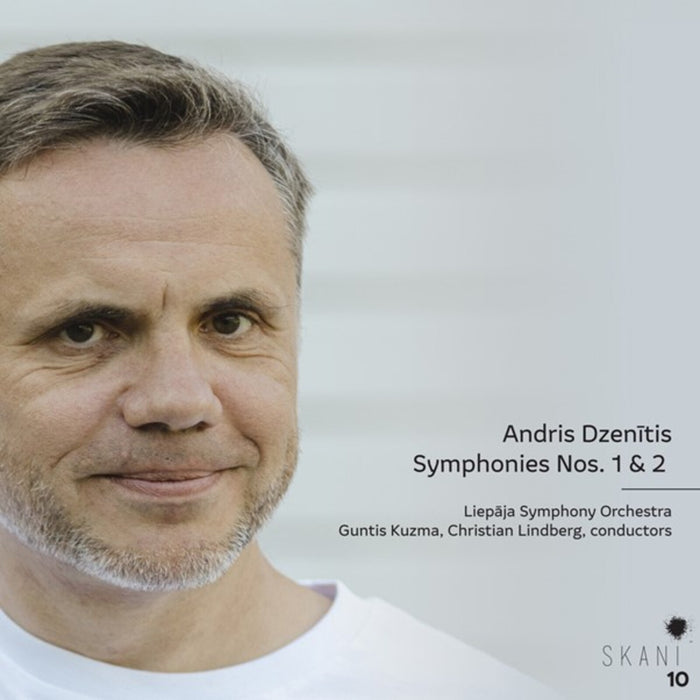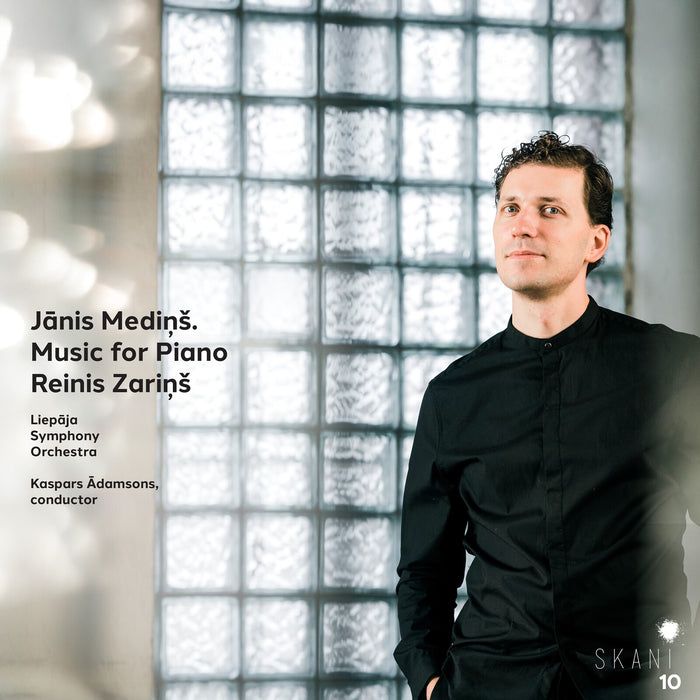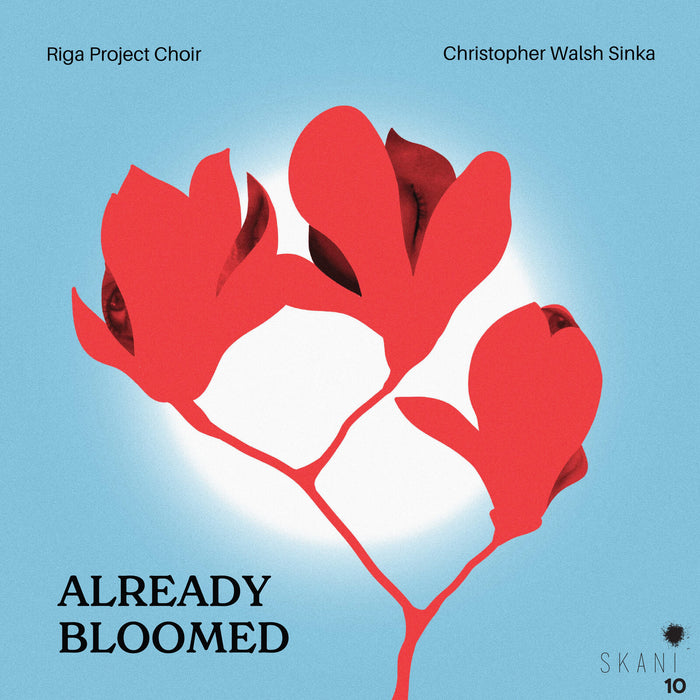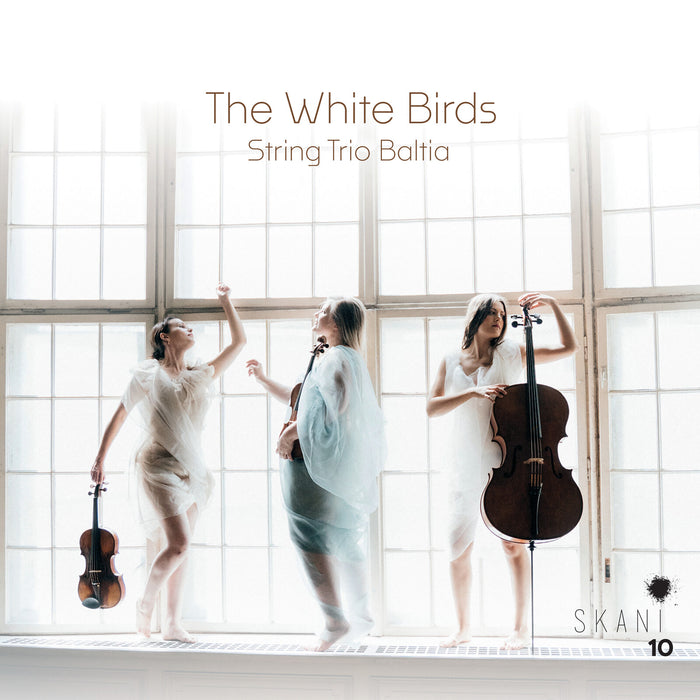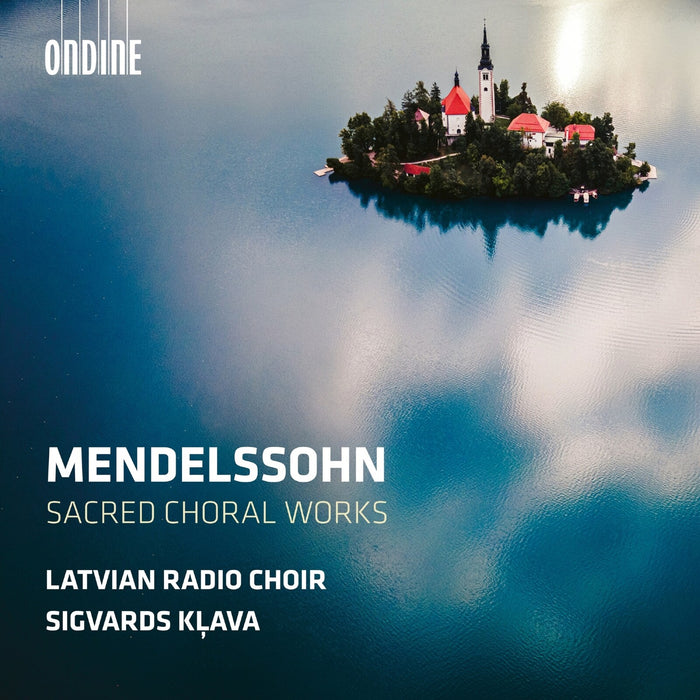Description
This album is a rather unusual world premiere of an opera that exists only as a recording.
LRK's artistic director Sigvards Klava recalls a following encounter:
"Abols brought over a bucket filled with sheets of music, and it took him a week of sorting them all out to put the opera score in the correct order. Sometimes he wasn't even sure which direction to hold the paper in order to read the music. I mean, truly splendid!
We did the recording in the summer of 2010 in the basement of my house. Abols basically lived with us for that whole time and was present at almost all of the recording sessions. The singers arrived alone, or sometimes in pairs, and he tried to explain to each one the type of character they were to portray. We spent about a month and a half on the project.
He also played his soprano saxophone; that was his vaunted psychodelia (and no, he didn't say 'psychedelia', as would be correct). When it came to jazz licks, he liked to play the walking bass, because it's impossible to mess up.
I'll always remember one time… someone should have taken a picture of it. Abols arrived with this little apparatus – back in the Soviet days there were these devices with batteries and small lamps, and when you turned them, a weak light would appear. And, well, he said that I needed one of those to carry light to the nation."
Juris Abols was an event, a happening, an experience. To call him a composer seems like a gross understatement. The first concert of his music took place just a couple of weeks before he passed away. Abols was born on April 16, 1950.
We listened to his concert, titled "Tirs Abols" (Pure Abols or, literally, 'clean apple'), in Studio No. 1 at Latvian Radio on October 12, 2020.
A few weeks later we learned that Abols had died. No one knows precisely on which day it happened. He had lived alone in his small, white house in the Ziepniekkalns neighbourhood of Riga and also died alone.
On the evening of October 12, Abols had said to Davis Engelis, who was hosting the concert: "I've completed a full 360-degree circle, beginning with an exercise in harmony to Dadaism and back again, slowly approaching an eight-part chorus and classical harmonies. It's a natural path. And I'm perfectly happy with it. Because I've achieved everything. All that's left are the magarichas [a drink or meal to seal the deal], as the Gypsies say."
In his music, Abols was a describer of the Gobi Desert, a researcher of elephants and mice, an expert on normal physiology, a connoisseur of political-erotic games, a contemplative composer of crystal-clear motets, a scribe of Livonian chronicles and the Crusades, a clairvoyant of zodiac signs and an ancient priest of all kinds of knowledge who loved to write letters. He also refused to take a step without his famous colourful cap on his head.
Abols enjoyed a close friendship with the Putni women's vocal ensemble led by Antra Drege. He was also close to the Latvian Radio Choir and Sigvards Klava.
I remember he was getting his hopes up about a performance, and I asked him, well, who's going to be able to pull it off, and who's going to be the brave one to show – in the name of pure art – all that you have imagined and naturalised? And how could it even be presented within some sort of aesthetic categories and performed on stage? And he just said that that was our problem, not his. That was a long time ago. And it really is our problem."- Sigvards Klava





